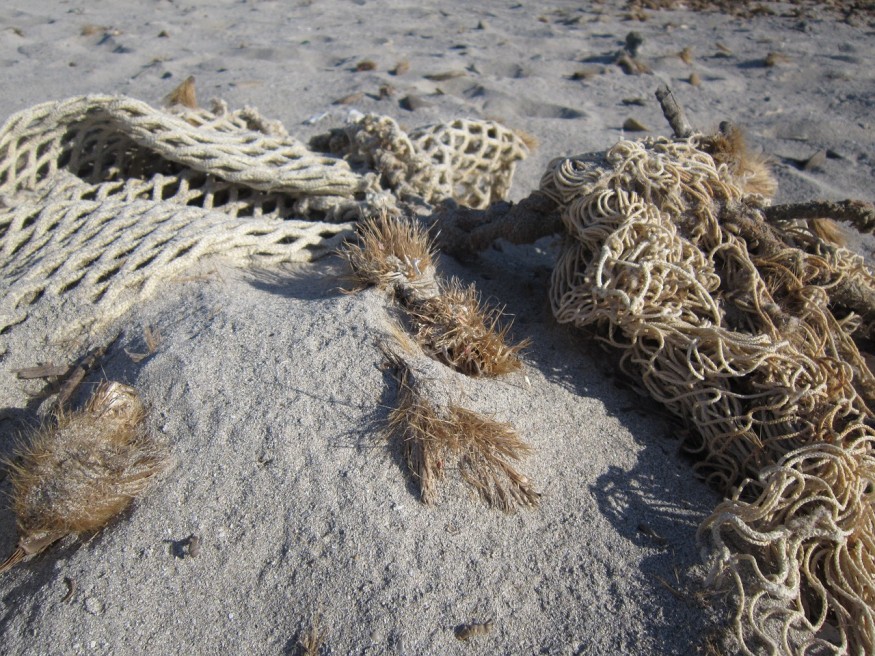
A much-awaited breakthrough in fishing gear and clothing industry: the much-awaited biodegradable and recyclable textile fibers and coatings for fishing gears and clothes will soon be launched.
This initiative is the dream of Glaukos, a European research project that collaborates with 14 partners from nine European countries. The project is funded by Bio-based Industries Joint Undertaking in the tune of $4.6million. Known as @BBI2020 on social media, Bio-based Industries Joint Undertaking is a partnership between the European Commission and private entities of Bio-based Industry Consortium.
This four-year project came about to respond to numerous studies which point that synthetic fibers in which most of our clothing and fishing gears are made of are also the primary source of microplastics that pollute our oceans. According to studies, a typical laundry of clothes releases 700,000 microparticles.
Twenty-seven 27 percent of marine litter in European oceans are abandoned, lost, or discarded fishing gear, or ALDFG. There are 11,000 tons of ALDFG being dumped into the sea every year.
The project will develop textile fibers and coatings suited for the current needs.
The project will focus on developing fishing gear and clothing that provides excellent performance but does not cause damage to the environment. After this project, it is expected that microplastics from Glaukos materials will have a higher degradation rate than the conventional microplastics.
The bio-recycling process will also be created to provide incentives for the collection of the textiles at the end of its life, thereby decreasing pollution. Doing so will also reduce the supply chain by improving the disruptive fermentation process for value-adding polymer building block sourced from European bio-based feedstocks. Glaukos textile products will thereby have increased bio-based content.
Eco-friendly fishing gear coating with high bio-based content, high technical performance, and durability are also expected to be developed from this project.
Stakeholder Labs will be established to encourage the participation of costumers and well as clothing brands and fishing gear industries. Consumer awareness of the impact of synthetic fibers and fishing gears will be raised. The plastic footprint of textile value chains will be assessed. More importantly, innovative technologies on biodegradability and ecotoxicity of microplastics in the oceans will be developed and standardized.
According to Zsófia Kádár, the Glaukos Project Coordinator, they are looking forward to tackling one of the biggest ocean pollution problems.
"Plastic leakage can only be truly mitigated if polymers are developed that are prone to recycling and biodegrade rapidly and completely. Glaukos' ambition is to pave the way for this transition. We have all the partners to succeed," Zsófia Kádár said.
More than the pollution, there is another concern that biodegradable fishing gears may address: ghost fishing.
In 2016, researchers from the National Institute of Fisheries Science in Korea in partnership with FOA developed an alternative biodegradable material for gillnets. These nets are degraded by microbes after only two years in seawater, radically decreasing the duration of ghosting fishing.
Ghost fishing is the trapping of marine organisms in the oceans as a result of abandoned or lost fishing nets, lines and traps in the sea. Despite being lost in the sea, ALDFG keeps on trapping marine organisms for decades unattended. It can also affect commercial fish stocks.
© 2026 NatureWorldNews.com All rights reserved. Do not reproduce without permission.





